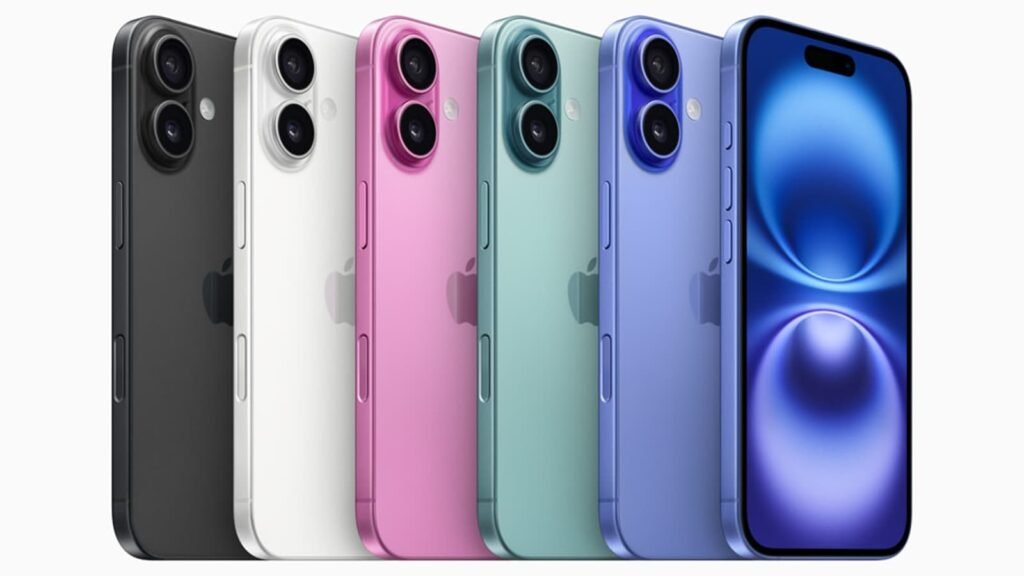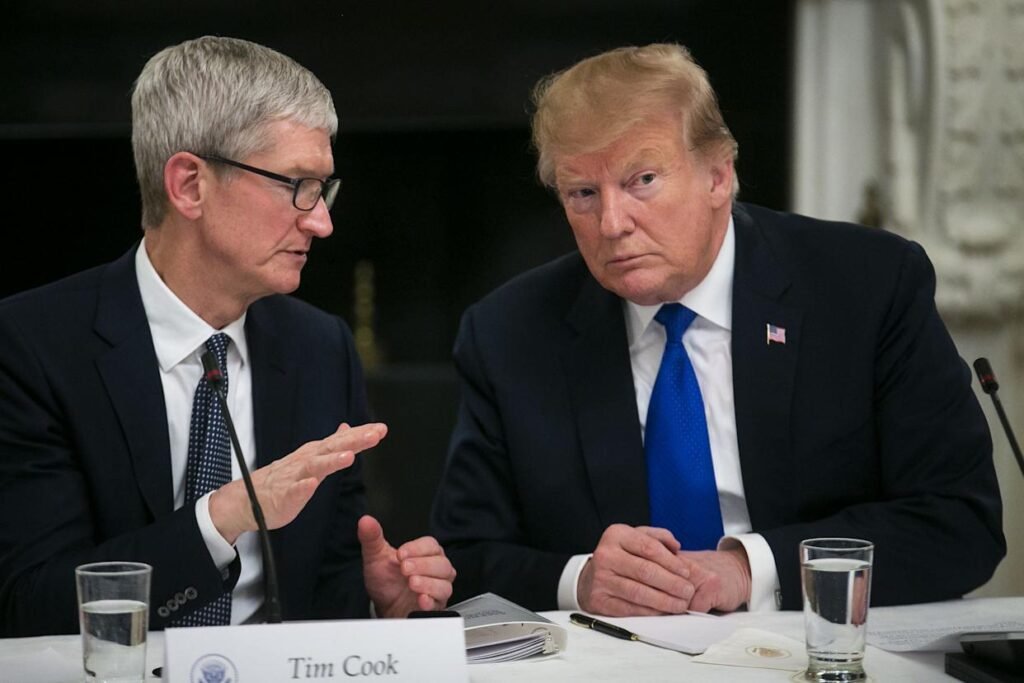What’s Going On?
President Donald Trump’s latest trade move has slapped a hefty 145% tariff on goods imported from China — a country that produces the vast majority of the world’s smartphones, including Apple’s iPhone.
Analysts warn this could send iPhone prices soaring by hundreds of dollars in the U.S. If Apple decides to pass the costs onto consumers, the financial hit could ripple across global markets, especially if the U.S. dollar weakens in the process.
How Will It Affect iPhone Prices?
Apple hasn’t confirmed whether it will absorb the cost or pass it on, but analysts are weighing both outcomes:
A “Made in USA” iPhone? Possibly $3,500, according to Wedbush Securities.
If absorbed: Apple’s healthy profit margins may cushion the blow — at least temporarily.
If passed on: Prices could spike. For example:
An iPhone 16 Pro Max (256GB), made in China, could jump from $1,199 to $1,999, says UBS.
Even India-made models might rise 5% or more.

Can Apple Just Move Manufacturing Elsewhere?
Not so fast.
While Apple has been ramping up production in India and Vietnam, about 80% of iPhones sold in the U.S. are still made in China.
Apple has reportedly shipped over 600 tons of iPhones from India to the U.S. recently — a sign of urgency. But moving large-scale manufacturing out of China could take years and billions of dollars.
Dan Ives of Wedbush estimates it would take at least three years and $30 billion to shift just 10% of Apple’s supply chain to the U.S.
How Are Consumers Reacting?
Fear of price hikes has already driven some shoppers to Apple Stores:
- “I didn’t need a new phone… but I’m not ready to pay double,” said DJ Anthony Cacioppo in New York.
- Julia Baumann, a finance editor, rushed to buy a MacBook before prices spike: “The tariffs are coming.”
Could This Affect Global Pricing Too?
Yes. If Apple raises prices in the U.S., it may need to do so globally to avoid market imbalances. Otherwise, consumers could start buying iPhones abroad and reselling them for profit.
Ben Wood from CCS Insight believes Apple is unlikely to have “differentiated pricing” across countries — which could mean global price hikes.
Alternatively, longer financing contracts may become the norm. Four-year plans already exist — five-year iPhone contracts could follow soon. “It’s almost like a mortgage for your smartphone,” Wood says.
What Can You Do as a Consumer?
- Buy now if you’re planning an upgrade and want to avoid possible price jumps.
- Consider second-hand or older models — expected to make up nearly 30% of UK sales in 2025.
- Wait and watch — Apple may reveal its strategy with the next iPhone launch in the fall.
Until then, the uncertainty remains. But one thing’s clear: Trump’s tariff gamble has put the iPhone — and your wallet — at the center of a global trade chessboard.

